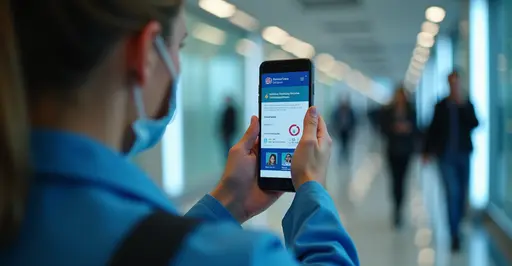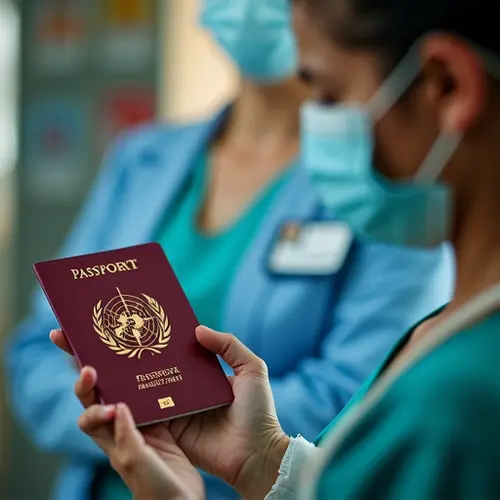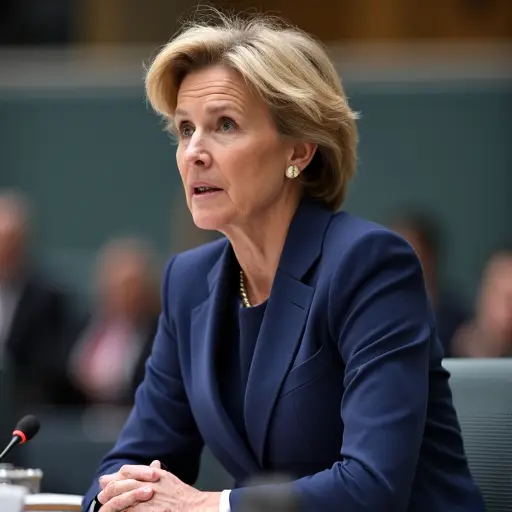
International Agreement Reached
Major international health bodies have reached consensus on interoperable digital vaccine credentials. The World Health Organization (WHO) and European Commission announced this breakthrough after years of fragmented systems during the COVID-19 pandemic. The new Global Digital Health Certification Network (GDHCN) builds upon the EU's successful Digital COVID Certificate framework.
How It Works
The standardized digital passport uses QR code technology to verify vaccination status across borders. Unlike previous systems, it doesn't store personal health data - only confirming compliance with destination requirements. The open-source technology allows countries to integrate existing verification apps like CommonPass and EU Digital COVID Certificate.
Implementation Timeline
Phase one launched in June 2023 with 80+ countries adopting the framework. By 2025, all WHO member states can access the system. "This allows travelers to move seamlessly while helping authorities prevent future health crises," stated WHO Director-General Dr. Tedros Adhanom Ghebreyesus.
Privacy Protections
The system follows strict GDPR-like standards: no central database stores personal information, and governments control their own verification processes. Digital rights groups cautiously endorsed the framework after initial privacy concerns during the pandemic.
Impact on Global Travel
Airlines and border agencies have already integrated the technology. "This eliminates the paperwork nightmare we saw during COVID," said International Air Transport Association director Willie Walsh. The standardized approach could save the travel industry an estimated $50 billion annually in verification costs.
Future Applications
Beyond travel, the framework may expand to digitize the International Certificate of Vaccination for diseases like yellow fever. WHO is also exploring applications for pandemic preparedness and routine immunization tracking.

 Nederlands
Nederlands
 English
English
 French
French
 Deutsch
Deutsch
 Espaniol
Espaniol
 Portugese
Portugese








